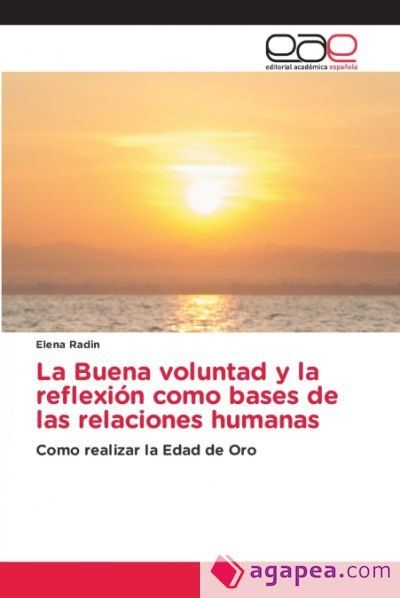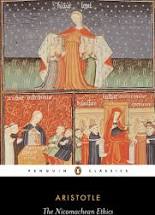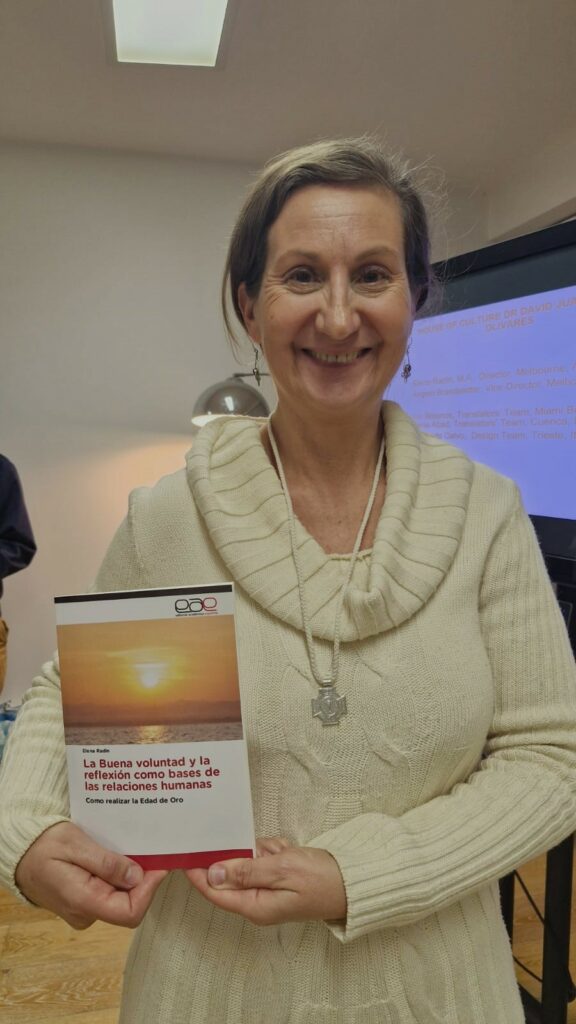GOODWILL AND REFLECTION, AS BASES OF THE HUMAN RELATIONSHIPS
THE GOODWILL
Socrates (470-399 BC): maieutic method, research of the truth with dialogue.
Plato (428-348 BC): the will towards the Good, idealistic approach. Plato’s “Apology of Socrates”, Socrates speech to his trail.
Aristotles (384-322 BC): overcomes Plato, man is focused on the supreme good, it can be reached with the development of his personality as rational and moral being. The voluntary act. Ethics. “Nicomachean Ethics”.
“Glory to God in the highest heaven, and peace on earth to the men of Goodwill.” Luke 2:14
Immanuel Kant (1724-1804): the will is the practical reason. The Goodwill and the duty are related. Kant went back to Aristotle and introduced the categorical imperative (moral laws), we have to act for the Good.
Jean Jaques Rousseau (1712-1778): The social contract, man is naturally good, society corrupts him.
Arthur Shopenhauer (1788-1860): the force which rules the world is the will, the will of living, “The world as will and representation”. The control of the will is again a research of an ethic as in Aristotle and Kant.
His influence on Goethe’s Faust. Wagner was inspired too to create “Parsifal”, the Sacred Graal quest.
Friedrick Nietzsche (1844-1900): the will of power and the superman.
THE REFLECTION
“The Reflection is the mother of prudence, prevision, meditation and also of concentration. That is to say it is the mother of wisdom.”
La Supremacía de la Jnana Yoga en La Era del Saber, p. 42, p. 7





